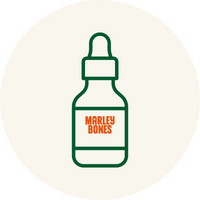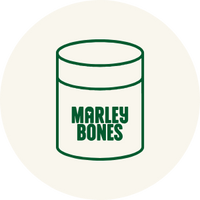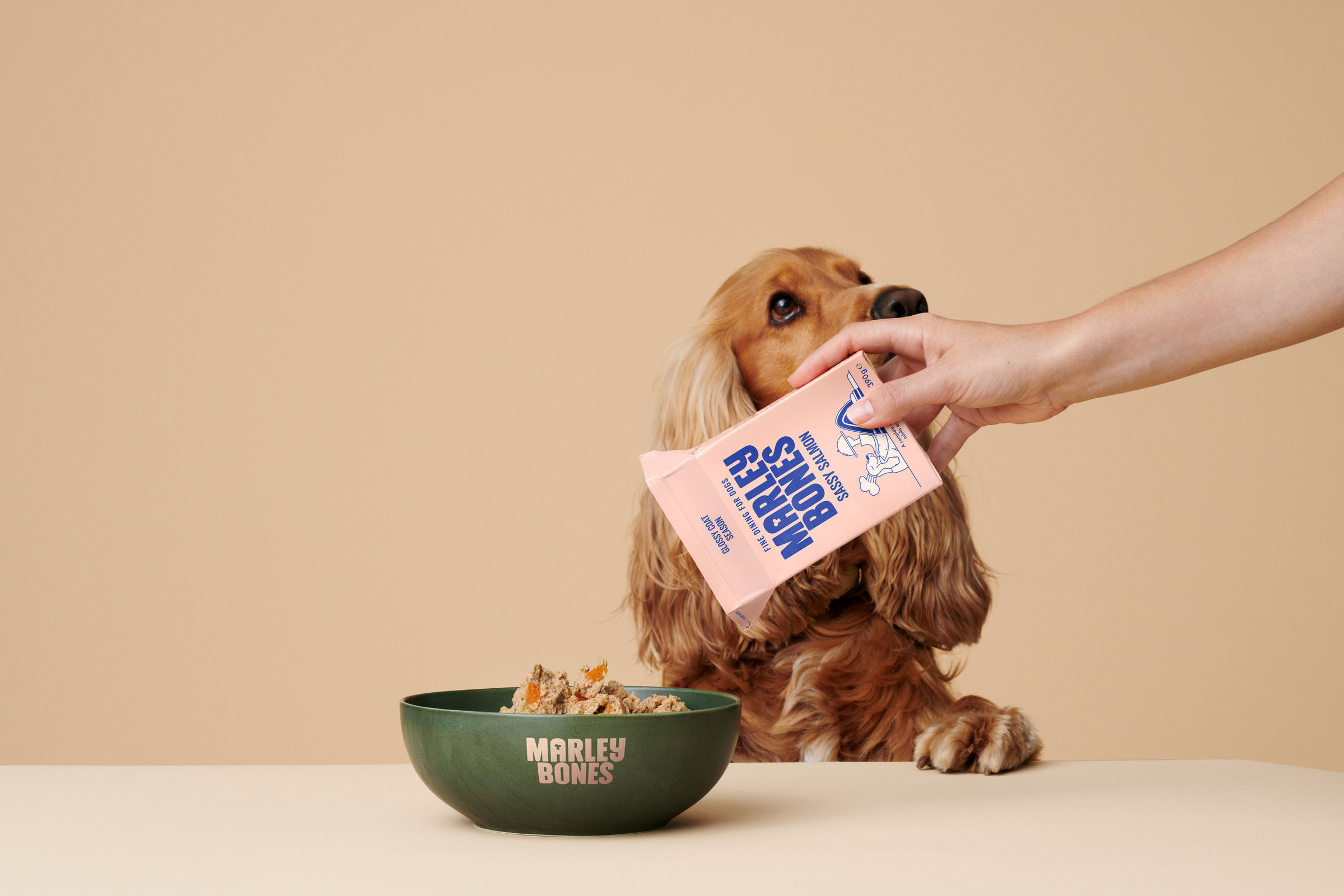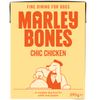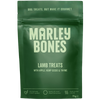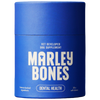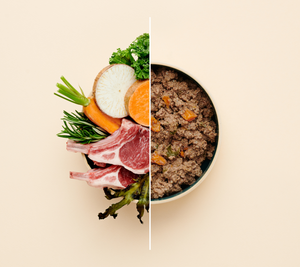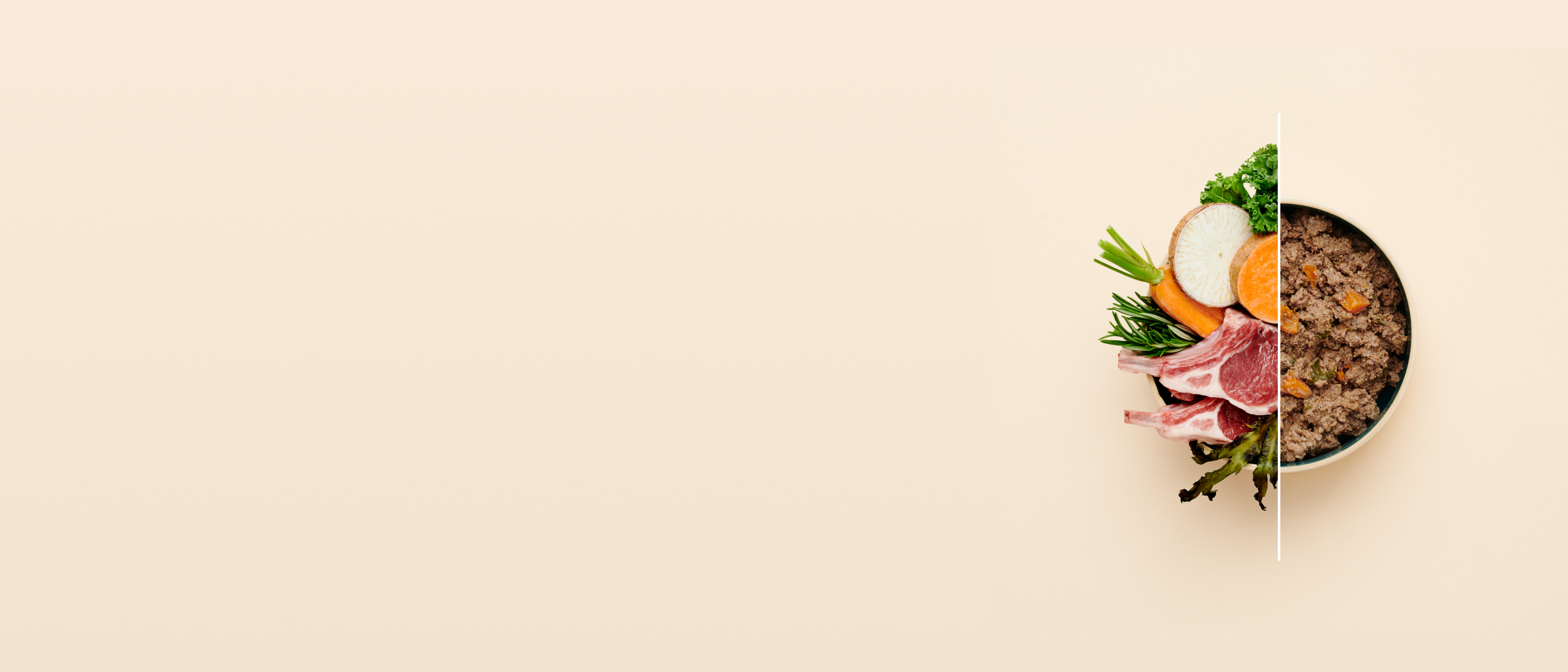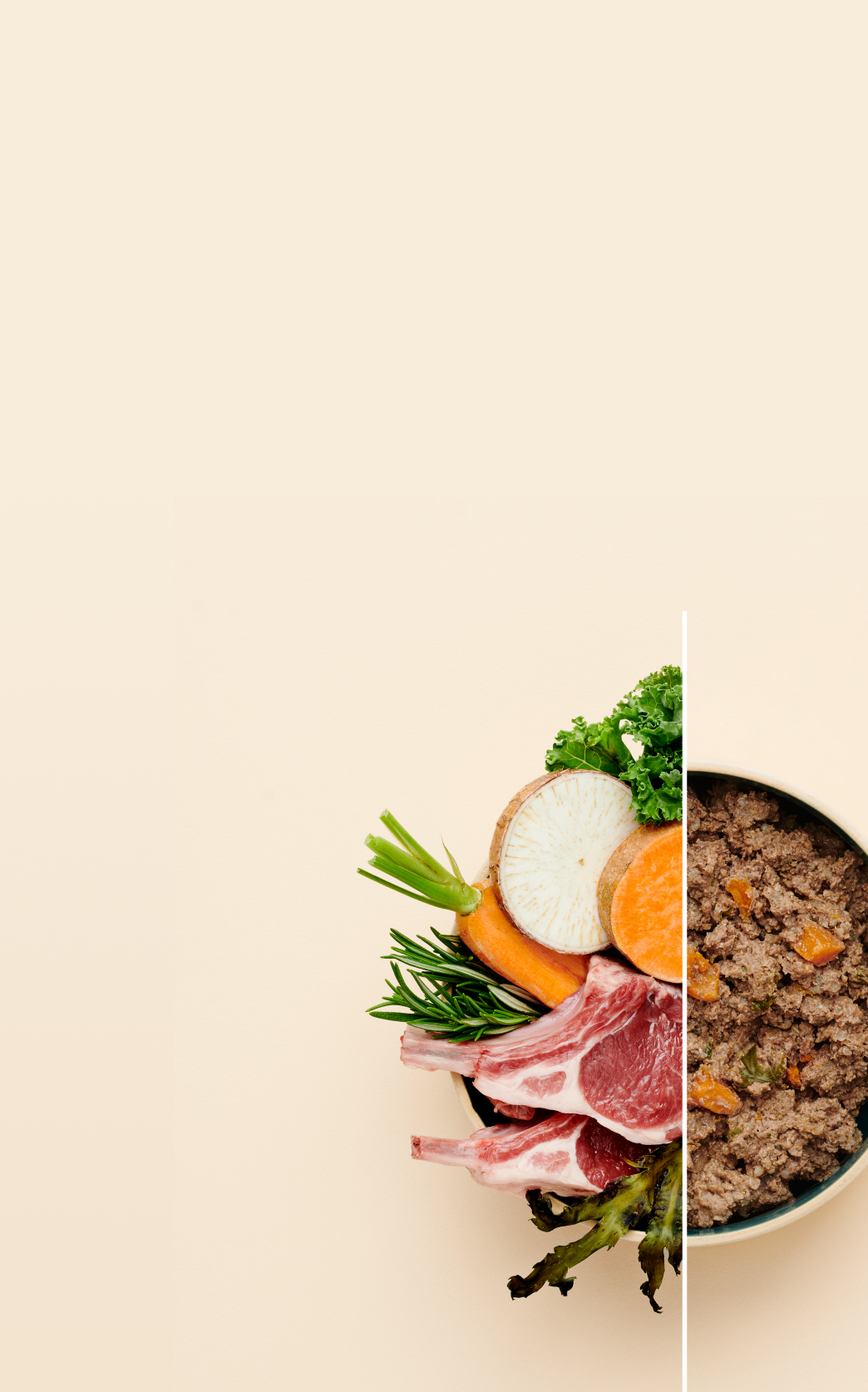Can My Dog Eat Rice? Essential Insights for Pet Owners
If you’ve ever caught your dog eyeing your bowl of rice and wondered whether it’s safe to share, the short answer is yes - dogs can eat rice. In fact, when served properly, rice can be a great addition to their diet.
But (as always) there’s more to it. From the type of rice to portion size and potential risks, here’s what every dog owner should know.
What Makes Rice Good For Dogs?
Rice is a gentle, easy-to-digest carbohydrate. It provides a quick, accessible energy source - ideal for dogs recovering from an upset tummy or needing something bland and soothing.
It also offers some fibre, which helps with digestion and regular bowel movements. Brown rice contains more of this fibre (plus extra vitamins and minerals), while white rice is lower in fibre but easier on the stomach. Either can work — it just depends on your dog’s needs.
Marley’s Must-Know: Brown rice is higher in fibre and nutrients, while white rice is easier to digest and better for short-term energy!
For active or working dogs, rice can be a helpful carbohydrate boost. It’s low in fat and unlikely to trigger sensitivities - provided your dog tolerates grains well.
Types of Rice You Can Feed Your Dog
Not all rice is created equal, and it’s helpful to know your options:
- White rice: Soft, easy to digest, and ideal when your dog has an upset stomach.
- Brown rice: Keeps its bran layer, so it's higher in fibre, vitamins, and minerals.
- Basmati rice: Has a lower glycaemic index, making it better for blood sugar stability.
- Jasmine rice: More aromatic, good for fussy eaters.
- Wild rice: Technically a grass, it’s high in antioxidants and slightly higher in protein.
Whatever type you choose, always cook it thoroughly and serve it completely plain - no salt, no oil, and definitely no onions or garlic, which are toxic to dogs.

How Much Rice is Safe For Dogs?
Rice should be treated as a side dish, not the main event.
A general rule: start with small portions. For a small dog, a tablespoon is enough; for larger breeds, try around a quarter to half a cup. You can offer rice 2–3 times per week if it suits your dog, but too much can lead to weight gain or unbalanced nutrition.
Marley’s Must-Know: Rice is high in carbohydrates, so if your dog is prone to weight gain or has diabetes, portion control is absolutely key.
It’s best mixed into a balanced bowl with lean protein (like chicken or fish) and dog-safe vegetables (such as courgette, peas, or carrots). That way, it supports their energy and digestion without replacing essential nutrients.

Are There Any Risks?
Most dogs handle rice well, but there are a few things to be aware of:
- Allergies: Rare, but possible. Signs might include itching, licking paws, or tummy troubles. Introduce rice slowly and monitor your dog closely.
- Too much of a good thing: Excess rice can contribute to weight gain. It's also not suitable as a primary diet base.
- Blood sugar spikes: The high carbohydrate content in white rice can raise blood sugar levels, so use caution if your dog is diabetic.
- Added ingredients: This is the big one - avoid any rice dishes made for humans. Seasonings like salt, onion, garlic, or butter can be harmful or even toxic.
Marley’s Must-Know: Plain, cooked rice is best. Never offer leftovers with added salt, sauces, or spices - even a little can upset their tummy or worse.
The Final Woof
So, can your dog eat rice? Absolutely - in moderation, and when prepared properly, rice can be a helpful, soothing, and nutritious addition to their meals. Stick to plain, cooked varieties and always keep an eye on portion sizes.
Used well, rice can be a real pantry hero for sensitive stomachs, fussier eaters, or just as a gentle midweek mix-in. Just remember: balance is everything.



